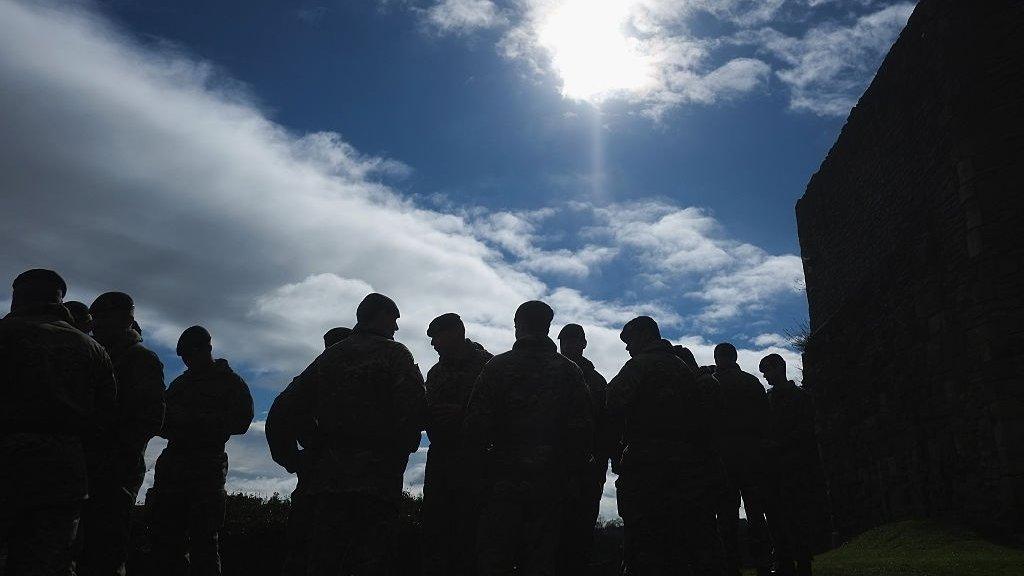Soldier's death could have been prevented - family
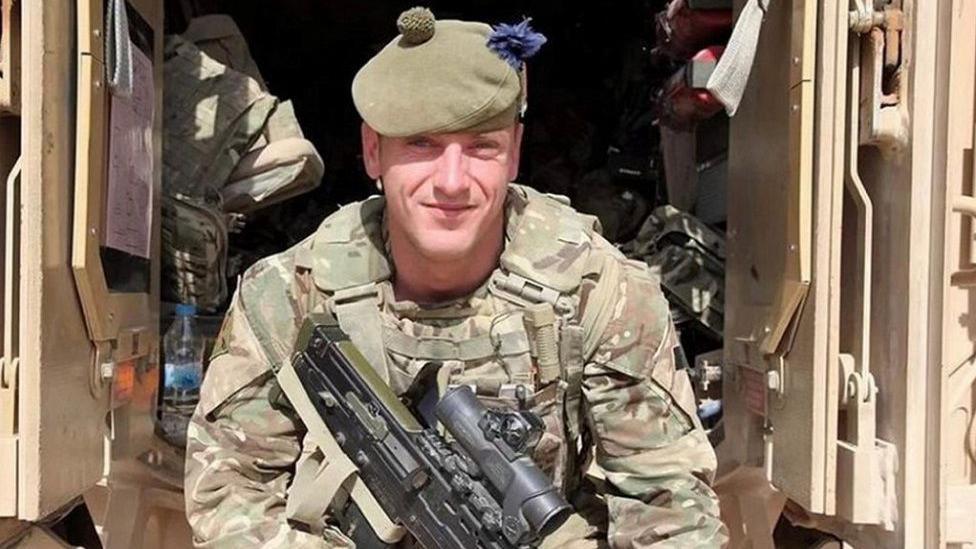
Nicholas Hart died at the Catterick Garrison army base in February 2022
- Published
The family of a soldier who took his own life have said his death "could have been prevented" after an inquest found chances to help him had been missed.
Nicholas Hart, 33, who served with the 4th Battalion of the Royal Regiment of Scotland, was found dead at Catterick Garrison, North Yorkshire, in February 2022.
The 10-day inquest heard how the serviceman, from Pontypridd in Wales, had struggled with his mental health and had been drinking heavily following the death by suicide of another soldier.
North Yorkshire's assistant coroner Jonathan Leach recorded a verdict of suicide and said that missed opportunities to help Mr Hart had not directly contributed to his death.
Following the inquest, Mr Hart's widow, Sara, 38, said hearing the evidence had been "traumatic" but it had revealed there had been chances for her husband to be supported before his death.
"We as a family remain of the opinion that had he received earlier treatment and help his death could have been prevented," she said in a statement released through her lawyers Irwin Mitchell.
Ayse Ince, from the firm, said they still wanted more answers about whether the Army could have done more to help him.
“Grieving has been all the harder because of the number of questions and concerns that they have around what happened to Nicki," Ms Ince said.
“Sadly, along with the Service Inquiry Report, the inquest has identified some missed opportunities in the care provided to Nicki.”
Mr Leach said the father-of-three had been receiving treatment for his mental health at the time of his death.
He said there were “missed opportunities” to help him as the serviceman's colleagues were not aware of his previous attempts to take his life in 2012 and 2014.
He added a toxicology report had found the amount of alcohol in Mr Hart's system would have put him at more than twice the legal drink drive limit when he died.
Mr Leach said he was satisfied that Mr Hart’s increased drinking and marital problems at the time of his death were a bigger contributing factor to him taking his own life rather than negligence from the army.
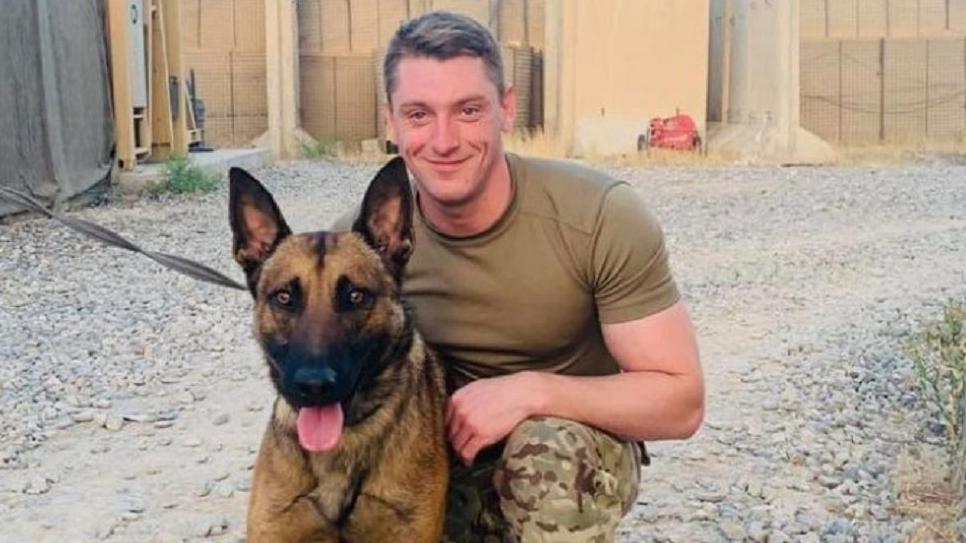
Mr Hart's death was recorded as suicide at North Yorkshire Coroner's Court on Friday
The inquest had heard from Col Simon Bloodworth, a medical officer who assessed Mr Hart, but did not consider that the soldier "engaged with the available support" and was “vulnerable, but not high risk”, so did not recommend an emergency appointment or an intervention.
He also denied the claim from another witness, former soldier David Twiname, who was working in the same barracks at the time, that Mr Hart had effectively been told to “man up” while trying to get help.
Mr Leach concluded that Mr Hart "took his own life and intended to do so" and went on to offer his condolences to the serviceman's family.
Mrs Hart said it is still “almost impossible" to describe how she felt on the day she was told of her husband's death.
"Not a day goes by when I don’t think about him."
Mr Hart's sister Jamie Hart-Dobbs said her brother's death had "floored her".
"All Sara and I can do now is hope that something is put in place to ensure soldiers get the help and support they need. At the very least, it'll help us honour Nicki's memory," she said.
Listen to highlights from North Yorkshire on BBC Sounds, catch up with the latest episode of Look North or tell us a story you think we should be covering here, external.
Related topics
More stories like this
- Published4 November 2024
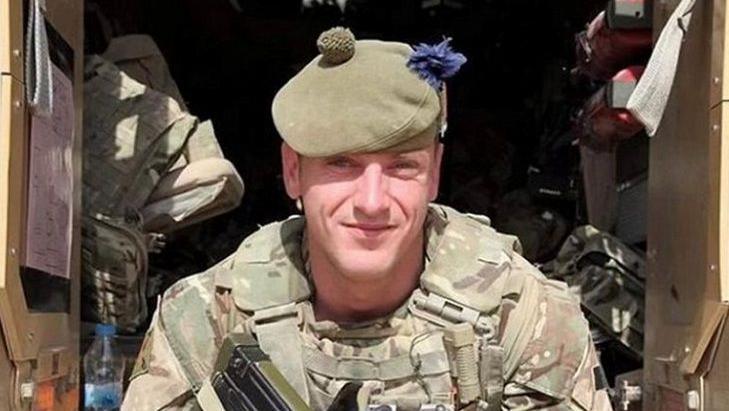
- Published10 February 2022
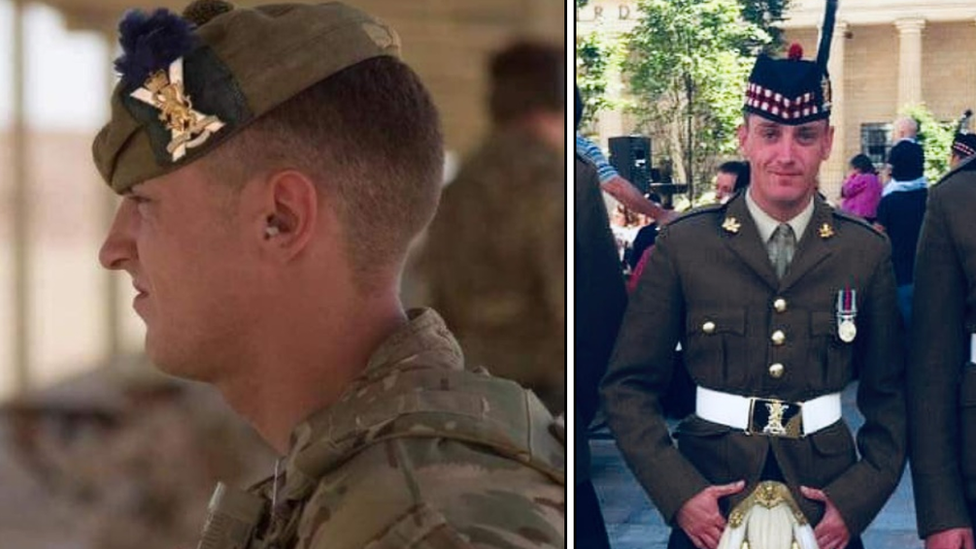
- Published31 May 2022
